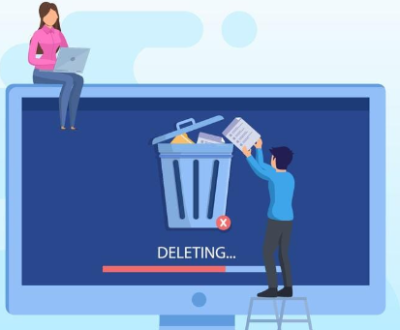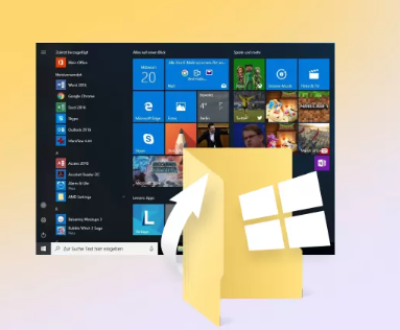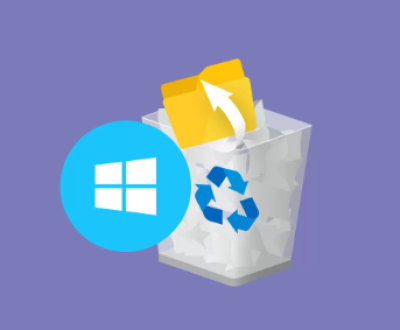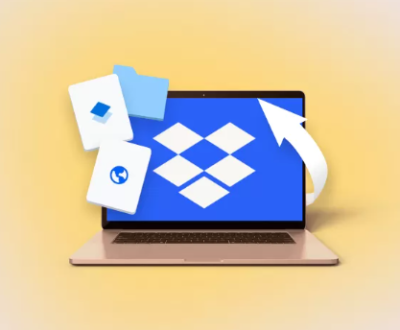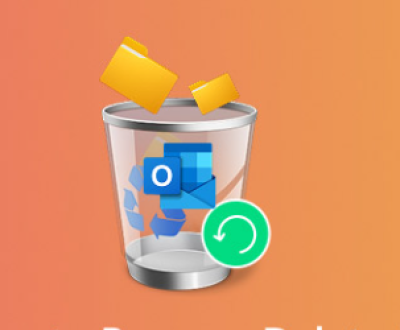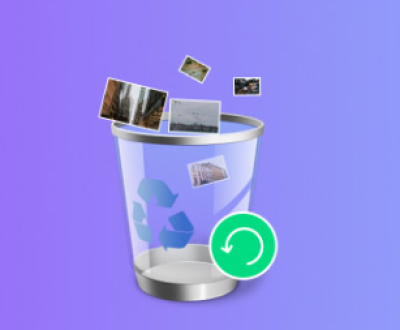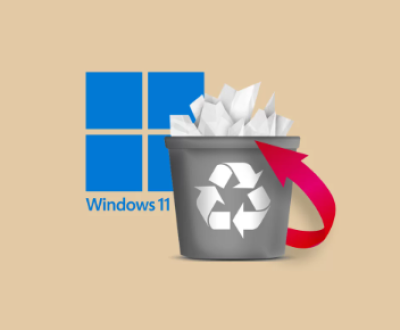Whether it’s a photo album lost to formatting errors or project files wiped out due to a faulty transfer, SD card data loss is a common yet deeply frustrating experience. Fortunately, several free SD card data recovery software options can help retrieve your files without costing a dime.
Accidental deletion
Formatting errors
Virus or malware attacks
File system corruption
Improper ejection or power failures
Physical damage (though software can’t help with hardware issues)
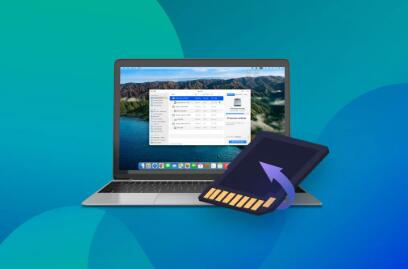
Knowing the cause can help you choose the right recovery method and increase your chances of successful file restoration.
Key Features to Look for in Free SD Card Recovery Software
When evaluating free SD card recovery tools, consider the following features:
File type support: Photos, videos, documents, etc.
File system compatibility: FAT32. exFAT, NTFS, etc.
User interface: Easy to navigate, clear instructions
Preview capability: See files before recovering
Recovery limit: Many free tools have capped recoverable data sizes
Scan depth: Quick scan vs. deep scan
Device compatibility: Support for all SD card types and brands
1. Panda Assistant
Panda Assistant is an emerging SD card recovery software known for its simplicity, efficiency, and user-centric design. While relatively new to the market, it has quickly gained popularity for offering intuitive tools that guide users through the recovery process without requiring technical expertise.
Pros:
Clean and minimal interface designed for beginners
Recovers deleted, formatted, or corrupted files from SD cards
Supports a wide variety of file formats including photos, videos, and documents
Offers a quick scan for recently deleted files and a deep scan for more complex recovery cases
Compatible with Windows and macOS
Cons:
Free version may limit the number of files or total recovery size
Advanced features like disk imaging and corrupted file repair available only in the Pro version
Limited support for extremely damaged or unreadable SD cards
Best For:
Everyday users who need fast, hassle-free recovery of media or documents from SD cards without a steep learning curve.
Standout Feature:
Panda Assistant provides a step-by-step wizard that walks users through the recovery process, making it ideal for those with little or no technical experience. It also includes a file preview option, allowing users to verify recoverable content before proceeding.
2. PhotoRec
Overview: PhotoRec is a powerful open-source recovery tool that supports a wide range of file formats beyond photos.
Pros:
Completely free and open-source
Recovers over 480 file extensions
Works on multiple operating systems (Windows, Mac, Linux)
Excellent for recovering data from severely damaged cards
Cons:
Text-based interface can be intimidating for novices
No preview function
Best For: Advanced users or tech-savvy individuals seeking powerful recovery without cost.
3. Disk Drill (Free Version)
Overview: Disk Drill offers an intuitive UI and advanced recovery features. The free version for Windows allows up to 500MB of recovery.
Pros:
Sleek and modern interface
Deep scan technology
File preview capability
Supports wide range of formats and devices
Cons:
Free version is limited to 500MB on Windows
No free recovery on macOS (only scanning is free)
Best For: Windows users needing an elegant and efficient recovery tool for smaller data losses.
4. EaseUS Data Recovery Wizard (Free Edition)
Overview: EaseUS is a trusted name in data recovery. Its free edition offers robust scanning and recovery with a 2GB limit (after social media share).
Pros:
Simple, guided recovery process
Supports many file systems and types
File preview available
Reliable deep scan engine
Cons:
Recovery limit without sharing is only 500MB
Larger recoveries require a paid upgrade
Best For: Users seeking a reliable, well-supported tool with user-friendly design.
5. TestDisk
Overview: TestDisk is the companion tool to PhotoRec and excels at recovering lost partitions and fixing corrupted file systems.
Pros:
Open-source and free
Great for recovering partitions or boot sectors
Works across operating systems
Cons:
Command-line interface
Not ideal for casual users or simple file recovery
Best For: Tech professionals needing disk repair and advanced recovery functionality.
6. Minitool Power Data Recovery (Free Edition)
Overview: Minitool’s free edition allows up to 1GB of data recovery with a well-designed interface.
Pros:
Easy to use
Recovers from various scenarios including partition loss and formatting
Preview feature included
Cons:
1GB limit on free version
No bootable media in free edition
Best For: Intermediate users looking for a balance between power and usability.
7. iCare Data Recovery Free
Overview: iCare is a lesser-known tool but offers unlimited recovery in some older versions.
Pros:
Unlimited recovery in legacy versions
Works on all types of SD cards
Simple interface
Cons:
Less polished than top-tier tools
Limited support and updates
Best For: Users on a tight budget willing to experiment with different versions.
8. Puran File Recovery
Overview: A lightweight Windows tool that supports deep scan and recovery from formatted disks.
Pros:
Small footprint
Very simple to use
Deep scan works well
Cons:
Windows only
Outdated interface
Best For: Users with basic needs on older Windows systems.
9. Glary Undelete
Overview: Another compact tool that works well for simple undelete operations.
Pros:
Easy to use
Filters results by file type, size, and status
Cons:
Limited recovery success on formatted cards
No deep scan
Best For: Quick recovery from accidental deletion.
Tips to Maximize SD Card Recovery Success
Stop Using the Card Immediately: Continued use may overwrite deleted files.
Use a Card Reader: Direct connection ensures better access and scan results.
Run Both Quick and Deep Scans: Maximize chances of finding lost files.
Save Recovered Files Elsewhere: Avoid writing to the SD card during recovery.
Check Preview Function: This helps avoid restoring corrupt or useless files.
Common Limitations of Free Recovery Tools
Recovery Limits: Most free versions cap recoverable data.
No Bootable Media: Critical for non-booting systems, usually only in paid versions.
Limited Tech Support: Free tools often lack professional support.
Interface Complexity: Some tools like PhotoRec or TestDisk aren’t user-friendly.
When to Consider Paid Software
If your data loss involves large files, entire partitions, or if the free tool fails to recover important files, a paid upgrade might be worth it. Many tools, including EaseUS, Disk Drill, and Minitool, offer advanced features, higher recovery limits, and technical support with their paid versions.
Choosing the right free SD card recovery software depends on your specific needs, technical skill level, and the severity of data loss. For casual users, Recuva and Disk Drill offer friendly interfaces with decent recovery capabilities. Tech-savvy users may prefer the raw power of PhotoRec or TestDisk. Meanwhile, EaseUS and Minitool provide a balance between ease of use and advanced functionality, albeit with recovery limits.
About us and this blog
Panda Assistant is built on the latest data recovery algorithms, ensuring that no file is too damaged, too lost, or too corrupted to be recovered.
Request a free quote
We believe that data recovery shouldn’t be a daunting task. That’s why we’ve designed Panda Assistant to be as easy to use as it is powerful. With a few clicks, you can initiate a scan, preview recoverable files, and restore your data all within a matter of minutes.

 Try lt Free
Try lt Free Recovery success rate of up to
Recovery success rate of up to

